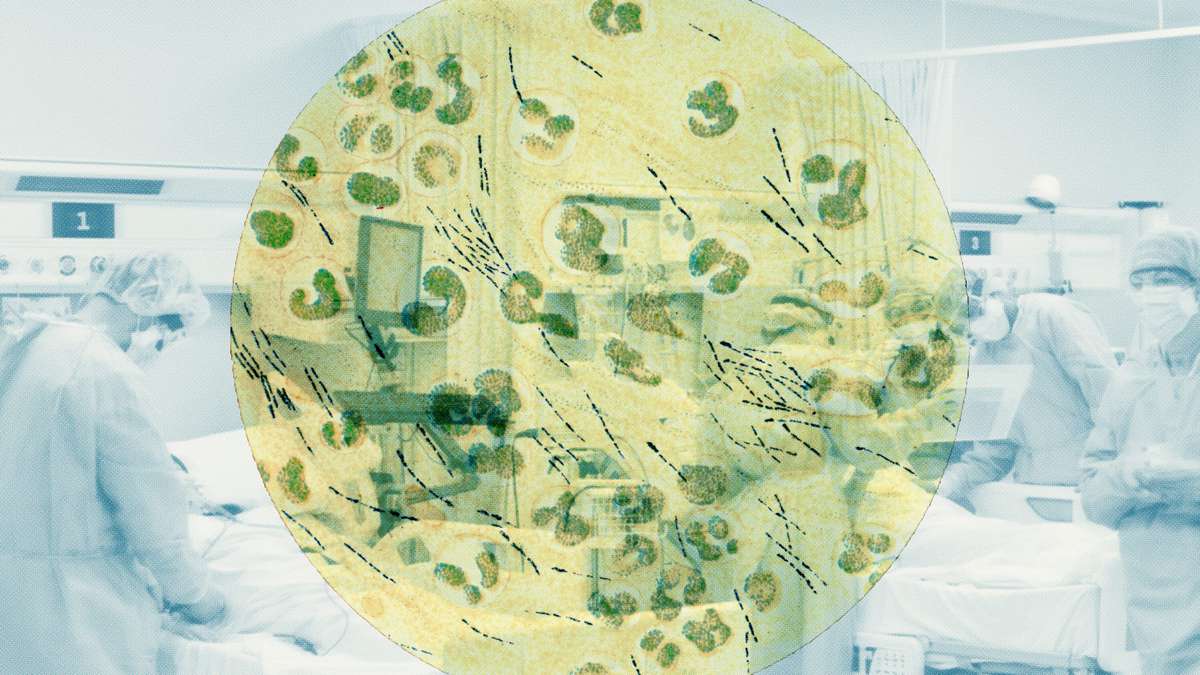What Are the Symptoms of Melioidosis? CDC Confirms a Second Fatality Due to This Rare Bacterial Infection-
The following written content by Korin Miller

The Centers for Disease Control and Prevention (CDC) on Monday confirmed a second death due to a rare disease known as melioidosis.
Genomic analysis by the CDC revealed the new case, which was identified in late July in Georgia, closely matches bacterial strains in three previously reported cases in Kansas, Minnesota, and Texas.
The potentially deadly bacterial illness is normally found in tropical regions. In light of the new fatality, the agency is asking clinicians to keep melioidosis in mind as a potential diagnosis when patients don’t respond to normal antibiotics, even if someone hasn’t traveled outside the US.
The four cases involve both adults and children, two males and two females, according to the CDC. One case was identified in March in Kansas, and that person died. Two others were diagnosed in May in Minnesota and Texas. Both individuals were hospitalized for an extended period of time before their discharge to transitional care facilities.
The CDC says all four patients had symptoms that ranged from a cough and shortness of breath to weakness, fatigue, nausea, vomiting, a fever on and off, and a rash on the trunk, abdomen, and face. Two people, including one who died, had risk factors for melioidosis, including chronic obstructive pulmonary disease (COPD) and cirrhosis, The other two had no known risk factors.
Melioidosis is usually found in subtropical and tropical areas, but none of the patients had traveled internationally, and CDC has yet to identify the source. Analysis of the bacterial strains suggests the patients may have been infected from the same source. They appear related to strains found in Asia.
“Currently, CDC believes the most likely cause is an imported product (such as a food or drink, personal care or cleaning products, or medicine) or an ingredient in one of those products,” the agency said in a statement dated August 9.
Melioidosis isn’t an infection most people in the US are familiar with, and with good reason. “It is very rare in the US,” Richard Watkins, MD, an infectious disease physician and professor of internal medicine at the Northeast Ohio Medical University, told Health in July.
Here’s what you need to know about this serious infection. Read more from Health.





